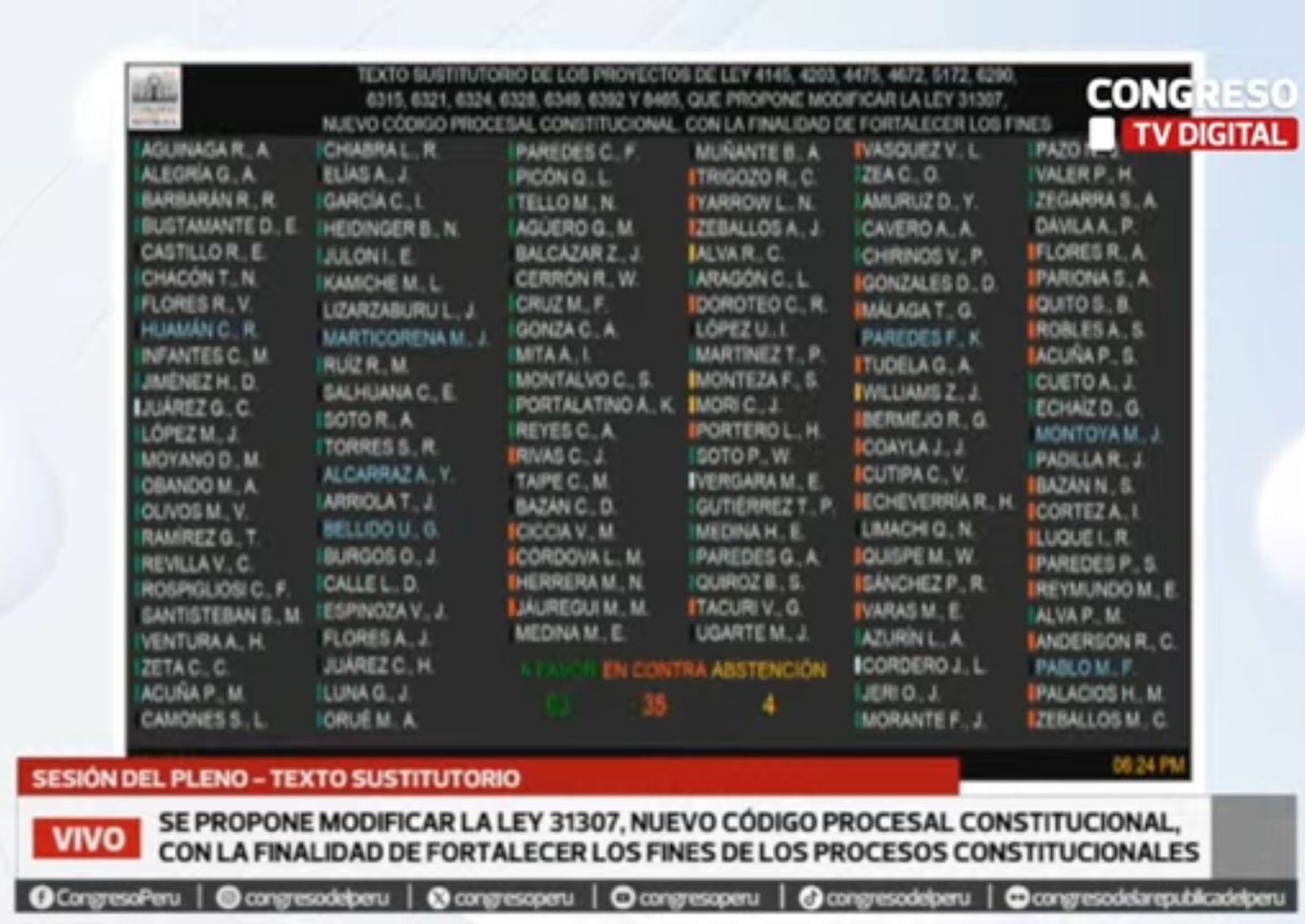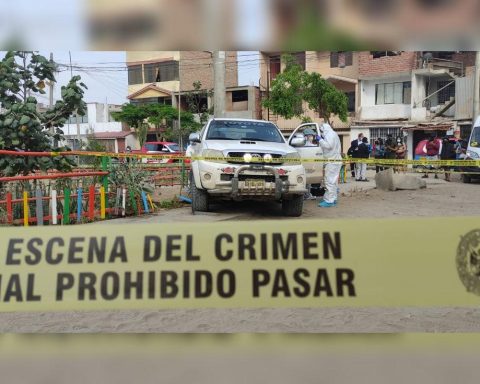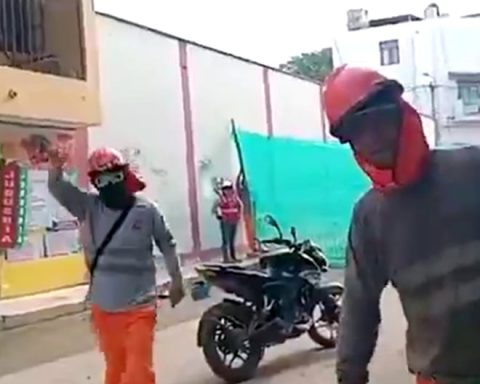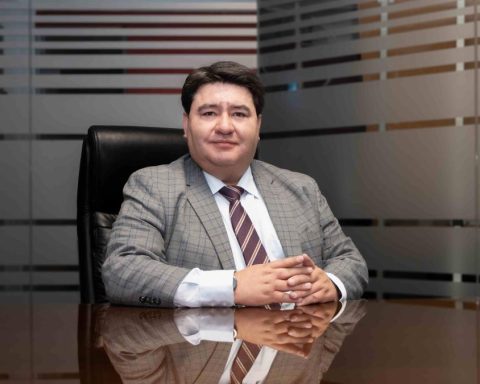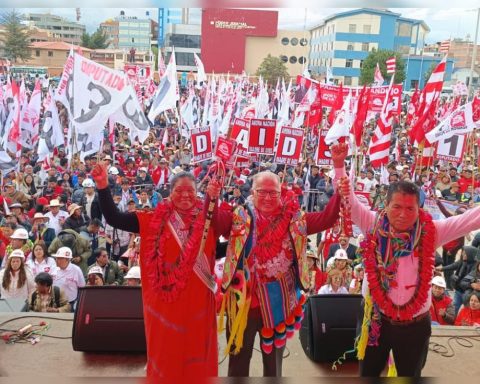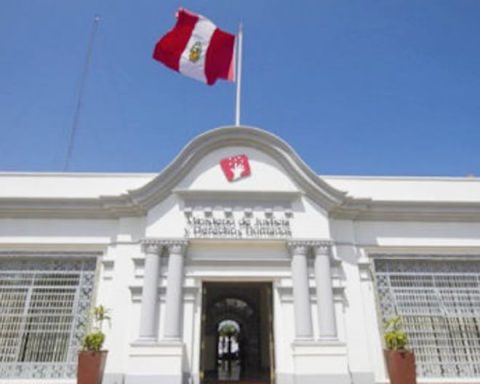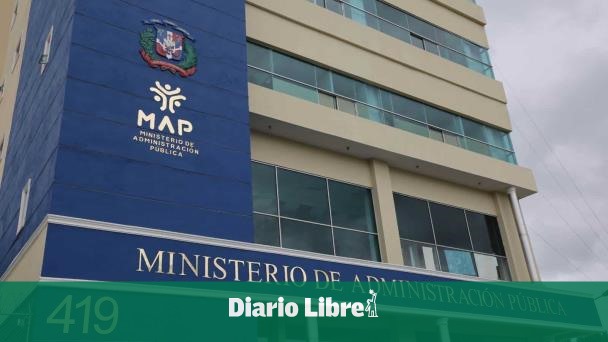Through an interview on RPP on October 12, Aldo Vasquezmember of the National Board of Justice (JNJ)warned that the latest substitute text approved on Wednesday, October 9, significantly limits the possibilities that senior public officials, such as judges of the Supreme Court or the Comptroller General, can challenge disqualifications or removals. Although their demands would be admitted before the judges, they would now need unanimity to be successful, which is not currently the case. Furthermore, judges could not issue precautionary measures, which would make the appeal for protection, designed for the urgent restitution of rights, inefficient.
He plenary session of Congresslast Wednesday, October 9, approved in the first vote an opinion of the Constitution Commission that modifies more than ten articles of the New Constitutional Procedural Code. This reform will reduce the votes necessary for the Constitutional Court (TC) resolve jurisdictional claims and precautionary processes. Aldo Vásquez warned that, in addition to affecting the TC, this modification will also limit the actions of the judges, which would turn this resource “into a mere formalism.”
“In reality, it is a package of modifications in relation to the Constitutional Procedural Code. It must be said that the initial project was absolutely disastrous because it forced judges to reject any claim for protection that could be presented against the Congress of the Republic regarding possible violations of fundamental rights. However, I believe that with good judgment, it must be recognized, the replacement project has modified that claim, however, it is still serious,” said the member of the National Board of Justice, Aldo Vasquez.
“With the latest replacement text that was approved on Wednesday, any possibility that a high public official, a judge of the Supreme Court, a supreme prosecutor, the president of the Central Reserve Bank, the Comptroller General of the Republic , the members of the Constitutional Court themselves, if they were ever subject to disqualification, of removal as has been attempted in our case, if they go to the judges their claim would be admitted, but a qualified unanimity vote would now be required. to be successful, something that does not currently happen. Judges could not issue precautionary measures, which makes the appeal for protection inefficient, because the appeal for protection is an urgent remedy for the restitution of a right,” he indicated in dialogues with RPP. .
Likewise, he pointed out that “any high public official could see his rights violated by an arbitrary decision by Congress, and they could not be restored for years”; even, “having a ruling in favor, it is not executed immediately until the appeal is resolved.”
Who voted to modify law 31307 New Constitutional Procedural Code?
Congress approved a law that modifies the New Constitutional Procedural Codel, benefiting his position in a jurisdictional lawsuit pending before the Constitutional Court (TC) related to the permanence of the magistrates of the National Board of Justice (JNJ), Inés Tello and Aldo Vásquez. The ruling received 70 votes in favor of Fuerza Popular, Alianza Para el Progreso, Podemos Perú, Perú Libre, Acción Popular, Bloc Magisterial, Avanza País and Somos Perú. Before this decision, the spokesperson for Fuerza Popular, Arturo Alegría, presented a reconsideration to vote again on the project, which in the first vote had only obtained the support of 64 parliamentarians. This reconsideration was approved with 72 votes in favor, after conversations with the congressmen from Acción Popular, Elvis Vergara and Luis Aragón.
